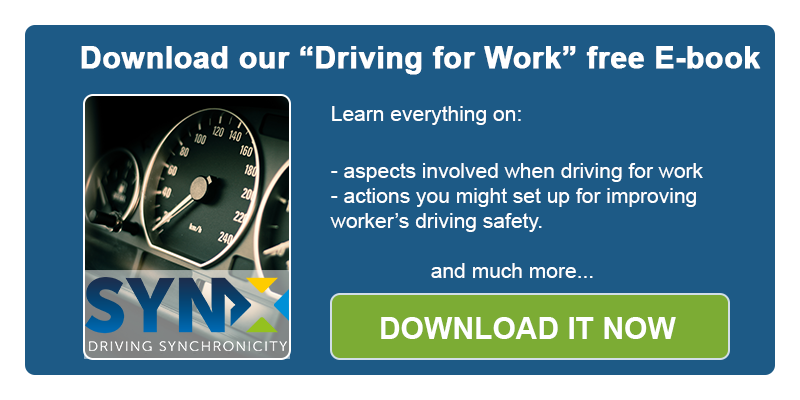Adopting these practices, regarding a driver code of conduct, as well as cultivating a sensible, professional, driving style should considerably reduce the risk of accidents and trauma.
A methodical, thoughtful and clear-headed approach to driving will not only improve your
safety, but certainly won’t harm your
fuel economy either.
1 – Don’t drink and drive
Never drink and drive. Alcohol consumption impairs your ability to drive safely. Not only does alcohol make a driver over-confident, it affects reaction time and the capacity to stop the vehicle quickly. This happens even if you drink a volume of alcohol well below the legal limit.
2 – Pay attention when driving between 2 am and 6 am
This is the time of night you are most likely to feel drowsy; make sure you are not tired when driving, and stop if there is a risk of drowsiness.
3 – Pay attention when driving between 2 pm and 4 pm
This is the time of day that you are most likely to feel lethargic. Be conscious you may feel drowsy after lunch so make sure you eat lightly, do not eat heavy food, and most importantly, avoid the temptation to consume alcohol.
4 – Make sure you are properly rested
The skill of driving is a task that is often taken for granted; if you are accustomed to a lot of driving you may not consider the inherent dangers of tiredness. Do not take unnecessary risks. See that you are properly rested before you set out on the road and definitely ensure that you have slept sufficiently before driving, especially before long journeys.
5 – Check your eyesight
Have your eyes tested regularly—at least every 2 years—or as many times as your ophthalmologist considers necessary. If you wear glasses, or contacts, these checks could very well be more frequent.
If you are wearing glasses make sure you have an extra pair, that they are clean and free from scratches. Always carry a pair of sunglasses as well in case they are needed.
6 – Pay attention to the prescription you take
Some medicines have side effects that can influence your driving conduct, not only sleeping pills but also allergy prescriptions, painkillers and other medicines. Always read the warnings on the package thoroughly. Consult your pharmacist or doctor concerning any possible prescription side effects that could influence your driving conduct.
7 – Stop if you aren’t feeling well
Resist the temptation to drive if you are feeling unwell, if you have a fever or are feeling drained. Driving the morning after a drink is not advisable, as you are still likely to be under the influence. It takes time for alcohol to pass through your body and you can still be over the legal limit the next morning. Even if you aren’t legally over the limit, it can affect your ability to drive safely anyway.




